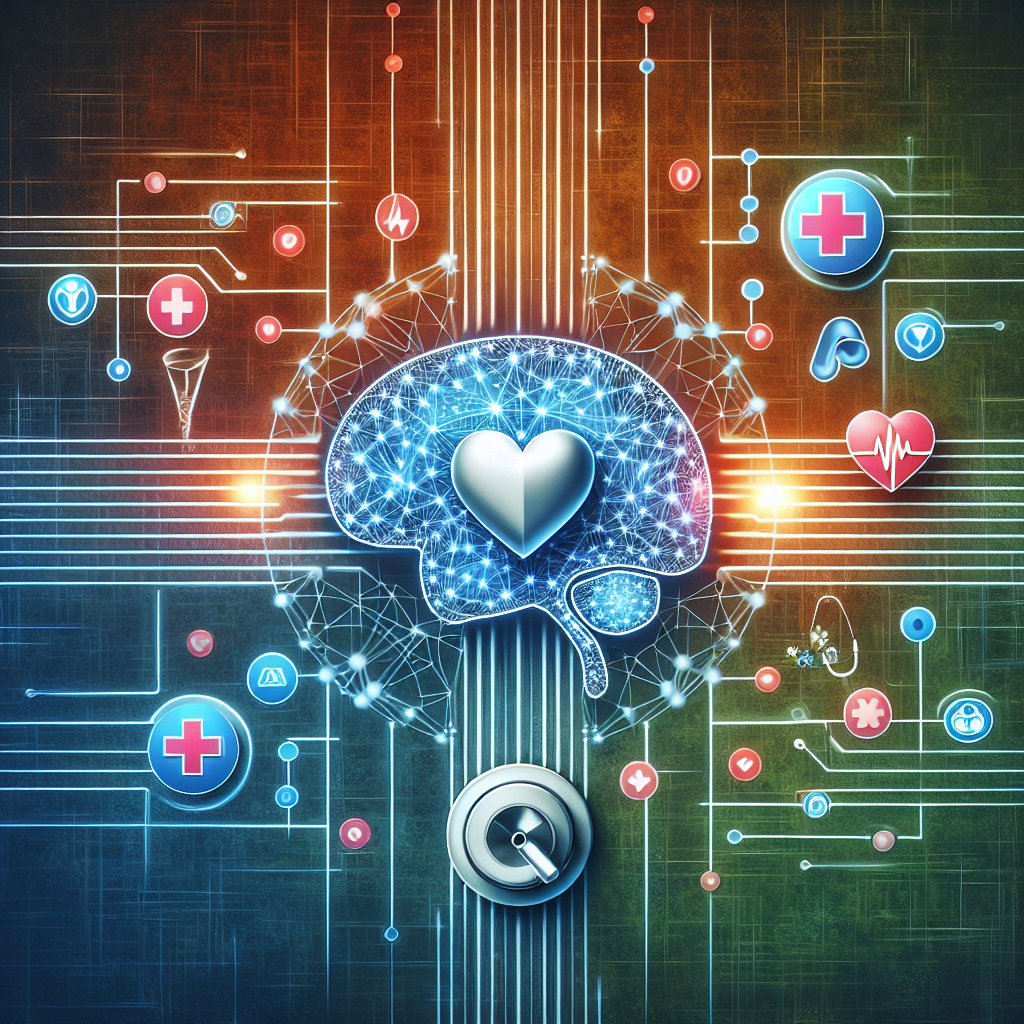Fix today. Protect forever.
Secure your devices with the #1 malware removal and protection software
Deep learning, a subset of artificial intelligence, has revolutionized the healthcare industry in recent years. With its ability to analyze vast amounts of data and identify complex patterns, deep learning has opened up a world of possibilities for improving patient outcomes, streamlining processes, and advancing medical research.
One of the most promising applications of deep learning in healthcare is in medical imaging. Deep learning algorithms can analyze images from X-rays, MRIs, CT scans, and other imaging modalities to detect abnormalities, diagnose diseases, and even predict patient outcomes. By training these algorithms on vast amounts of labeled imaging data, researchers and clinicians can improve the accuracy and speed of diagnoses, leading to earlier interventions and better patient care.
Another key area where deep learning is making a significant impact in healthcare is in personalized medicine. By analyzing a patient’s genetic and clinical data, deep learning algorithms can predict how individuals will respond to certain treatments, allowing for tailored and more effective therapies. This personalized approach to medicine has the potential to revolutionize healthcare by improving outcomes and reducing the risk of adverse reactions to medications.
Deep learning is also being used to enhance patient care and operational efficiency in healthcare settings. By analyzing electronic health records, deep learning algorithms can help providers identify high-risk patients, predict disease progression, and optimize treatment plans. Additionally, deep learning can streamline administrative tasks such as scheduling, billing, and patient communication, freeing up healthcare professionals to focus on patient care.
In addition to improving patient care, deep learning is also driving advancements in medical research. By analyzing large datasets of genetic and clinical data, deep learning algorithms can identify novel biomarkers, drug targets, and disease pathways. This has the potential to accelerate the development of new treatments and therapies for a wide range of medical conditions.
While the applications of deep learning in healthcare are promising, there are still challenges that need to be addressed. These include issues related to data privacy and security, algorithm bias, and the need for robust validation and regulatory approval processes. Despite these challenges, the potential benefits of deep learning in healthcare are vast, and the technology has the potential to revolutionize the way we approach patient care and medical research.
In conclusion, deep learning is revolutionizing healthcare by enabling more accurate diagnoses, personalized treatment plans, and improved patient outcomes. As the technology continues to advance, we can expect to see even more innovative applications of deep learning in healthcare, leading to a brighter and healthier future for patients around the world.


Leave a Reply
You must be logged in to post a comment.